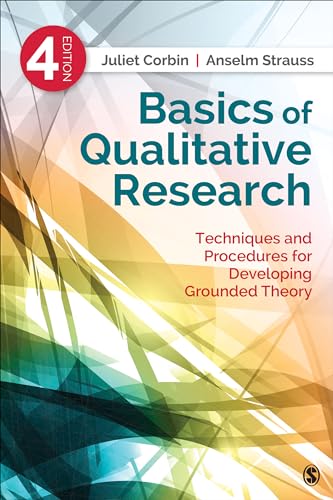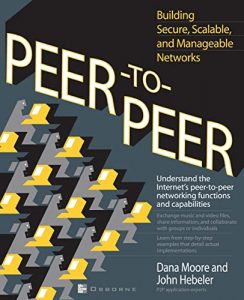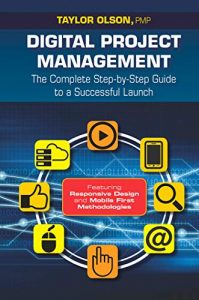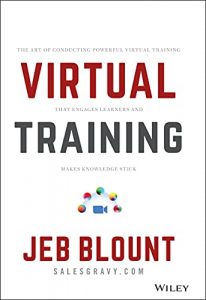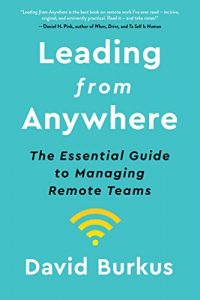Introduction
In the ever-evolving field of research, qualitative research techniques serve as a cornerstone for understanding human behavior, social contexts, and complex phenomena. These techniques, driven by effective communication and deep insight, not only provide researchers with vital methodologies but also enrich their exploration of societal intricacies. Whether you are an experienced researcher or a novice, delving into qualitative research is essential to broaden your analytical skills and enhance the depth of your investigations.
In today’s blog post, we spotlight a selection of notable books dedicated to qualitative research techniques. Each of these works offers unique approaches, valuable frameworks, and insightful perspectives that will empower you in your research journey. Let’s dive into these must-have resources!
1. Basics of Qualitative Research: Techniques and Procedures for Developing Grounded Theory
This comprehensive guide delves deeply into the methodologies of qualitative research and the development of grounded theory. It serves as a vital resource for researchers seeking effective approaches to synthesizing data and deriving valuable insights. The authors meticulously outline techniques that bridge the gap between theory and practice, making this book a crucial reference for students and seasoned researchers alike. With easy-to-follow procedures and illustrative examples, it helps unlock the potential of qualitative inquiry. Highly recommended for anyone aiming to enrich their research skills!

2. Interviewing as Qualitative Research: A Guide for Researchers in Education and the Social Sciences
This engaging book provides an in-depth examination of interviewing as a qualitative method. It’s not just about the mechanics of interviewing; it explores the art of conversation and how it can lead to rich, qualitative data. Authored by a renowned expert, this guide emphasizes the importance of context, the dynamics of the interviewer-interviewee relationship, and the nuances in communication that shape qualitative analysis. It’s especially valuable for researchers in education and the social sciences who wish to refine their interviewing techniques.

3. Qualitative Research: Bridging the Conceptual, Theoretical, and Methodological
This book provides a comprehensive overview of qualitative research that aligns theoretical elements with practical methodology. It’s particularly useful for graduate students and professionals who are looking to integrate conceptual frameworks into their research designs. The authors discuss various qualitative methods and how they can be applied effectively in real-world research settings, making complex ideas accessible and actionable. A must-read for those aiming to strengthen their qualitative research capabilities!

4. Qualitative Research Design: An Interactive Approach (Applied Social Research Methods)
This book emphasizes the interactive aspects of qualitative research design and encourages innovative approaches. It promotes active engagement with research participants and the iterative nature of qualitative inquiry. Researchers and aspiring academics will find invaluable insights that guide them through the process of designing thoughtful and effective qualitative studies. Its approachable style makes it suitable for both novices and experienced researchers looking for fresh perspectives.

5. The Coding Manual for Qualitative Researchers
As qualitative research thrives on large amounts of data, effective coding is crucial for analysis. This manual serves as an essential reference for researchers seeking to master the coding process. It walks readers through the various coding techniques and highlights the importance of systematic coding procedures for rigorous qualitative analysis. With practical guidance and real-life examples, this book empowers researchers to navigate the complexities of coding in qualitative research.

Conclusion
These highlighted titles represent some of the finest resources available on qualitative research methods, each bringing something unique to the table. Dive into these works to enhance your understanding and application of qualitative research techniques. Whether you’re developing grounded theory or honing your interviewing skills, there is a wealth of knowledge waiting to be uncovered.

